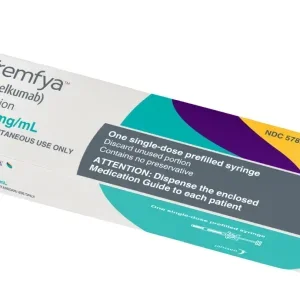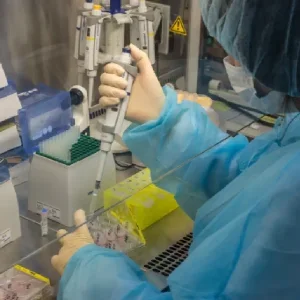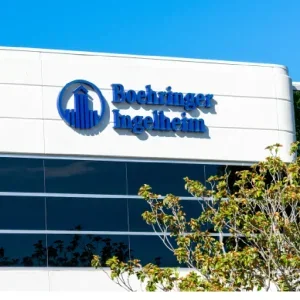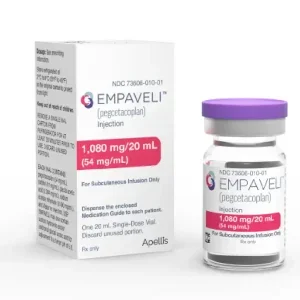Novartis has announced that the Phase III CANOPY-A study, that assessed the efficacy of canakinumab in non-small cell lung cancer (NSCLC) patients, has failed to reach its primary endpoint.
The study evaluated the efficacy and safety of canakinumab as adjuvant treatment in adult patients with completely resected (R0) NSCLC in stages II-IIIA and IIIB (T>5cm N2).
In the trial, the participants were randomised 1:1 to canakinumab, 200 mg subcutaneously every three weeks, or matching placebo, for up to one year. According to Novartis, 1,382 patients participated in the multicentre trial.
The primary endpoint was disease-free survival (DFS) versus placebo, which the study failed to achieve. The trial did not observe any unexpected safety signals.
The company will table the findings at an upcoming medical meeting.
Novartis Oncology & Hematology Development executive vice-president Jeff Legos said: “We made an investment in the CANOPY programme based on signals of reduced lung cancer incidence and mortality observed in the CANTOS study. These positive signals supported the study of canakinumab as adjuvant treatment for early lung cancer.
“While we are disappointed CANOPY-A did not show the benefit we hoped for, every trial generates scientific evidence that supports future research and development, and we look forward to continuing to pursue new therapeutic options for people living with lung cancer, whose needs remain urgent and significant. We thank the patients and clinical investigators whose time and commitment made this research possible.”
In June this year, Novartis secured expanded approval from the European Commission (EC) for Cosentyx (secukinumab) alone or in combination with methotrexate for treating certain paediatric arthritic conditions.






